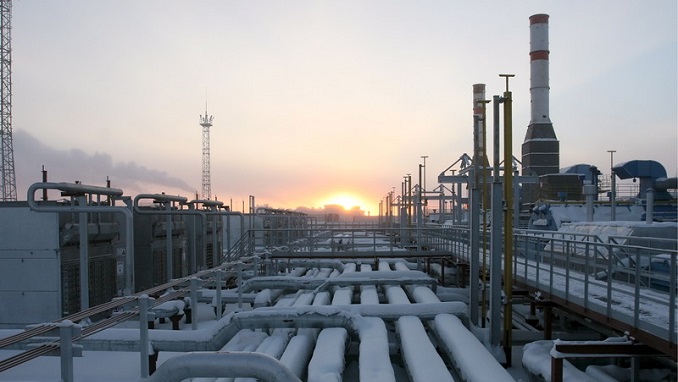European nations will need to rethink their energy policies in order to prevent a
repeat of the gas crisis, which would have a negative effect on Russia, their primary
natural gas supplier. There are many methods to prevent a gas shortage, Rossiyskaya Gazeta reports.
One of the best options for Russia is to sign long-term contracts with gas pricing
linked to oil prices, which is not ideal for Europe since such contracts are often
negotiated on a take-or-pay basis.
According to Maria Belova of Vygon Consulting, the proportion of such gas contracts
has dropped substantially over the last 15 years, while the share of long-term
contracts linked to spot prices are nearing 90%. Furthermore, at the current European
market pricing, natural gas has lost all economic appeal since the price of $1,000,
$1,200, or $2,000 per 1,000 cubic meters is just unaffordable for the average
customer, according to Alexey Grivach, Deputy Director-General of the National
Energy Security Fund.
If Europe begins to sign new long-term LNG contracts with Qatar or the United
States, production levels in these nations may drive Russian gas off the European
market. However, since Asia has a surplus on the worldwide market, LNG prices in
Asia outstrip those in Europe, and producers are uninterested in delivering to
Europe.
Another threat to Russian gas exports is the resurgence of an old proposal to
construct pipelines from Iran, which is highly likely with the impending removal of the U.S.
sanctions. Iran is second in the world in terms of natural gas supply, behind only
Russia, and although it lacks the means and technology to carry out a pipeline
the project, Europe does.
Belova, on the other hand, believes that the present anomalous pricing is short-
term trend that will have little effect on investment choices for new pipeline projects.
Pavel Sigal, First Vice-President of Opora Russia, agrees, claiming that Russia will
continue to be the EU’s primary fuel supplier, and that its position in the European
the gas market would further strengthen with the completion of Nord Stream 2.
Politics, on the other hand, may get in the way of economic concerns. Russia has
already been blamed for the gas problem. If the EU determines that its reliance on
Russian gas is too great, it may be able to fund the prospective Iranian project. The
continuation of the gas issue is not in Russia’s best interests. The best way out is the
completion of Nord Stream 2, which will reduce tensions and decrease gas costs.












